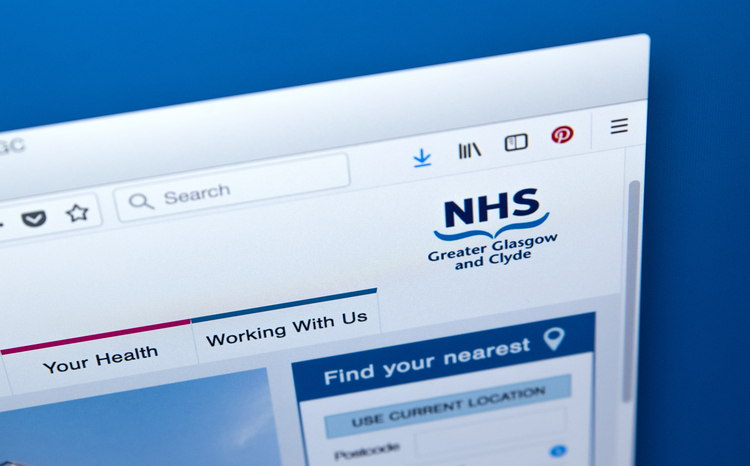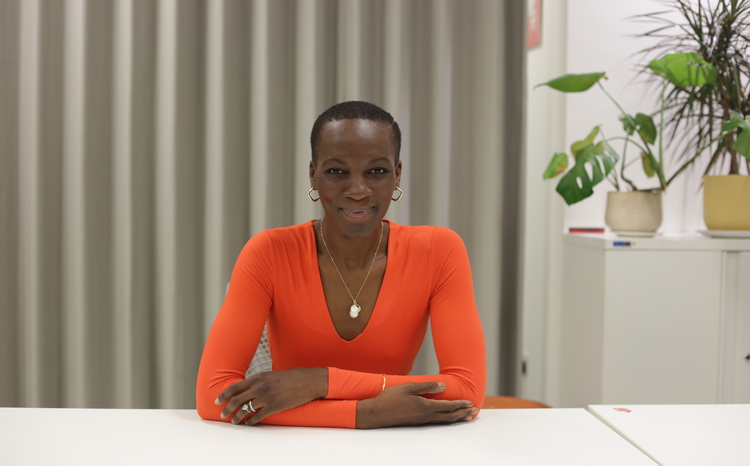NHS Greater Glasgow and Clyde trials tech for infant respiratory disorders
- 18 July 2024

- NHS Greater Glasgow and Clyde is trailing a wireless device for infants
- It is aimed to improve diagnostic accuracy for respiratory conditions
- The study at the Royal Hospital for Children in Glasgow will run until October 2025
The Royal Hospital for Children in Glasgow is trailing a wireless device which could help help diagnose respiratory and sleep conditions in babies and young children.
The early-stage study will monitor 75 infants from the sleep clinic unit and 75 from the neonatal unit at the Royal Hospital for Children while using a device from digital therapeutics company PneumoWave.
It is part of a trial of the ‘Paediatric advanced respiratory service’ (PARS), which has been developed by the West of Scotland Innovation Hub, hosted by NHS Greater Glasgow and Clyde, in partnership with PneumoWave.
The device, which has been tailored to children, combines wearable biosensors with mobile app-based software to provide real-time analysis of infants’ breathing while they sleep.
It uses a sensor around the size of a 50 pence piece and half an inch thick, which is attached using an adhesive pad.
The study is planned to run until October 2025 to allow medics to explore how tolerable the device is for young patients, and its feasibility going forward.
Dr Ross Langley, NHS Greater Glasgow and Clyde paediatric respiratory consultant, said: “Detecting and monitoring respiratory problems in children and newborns can be challenging and we know that existing in-hospital devices are invasive and poorly tolerated by children.
“We are pleased that PARS has now entered an early stage study with patients as we explore new ways to diagnose sleep and respiratory conditions in young children.
“The device has worldwide potential to improve remote monitoring and diagnostic accuracy in paediatric patients”.
Development of the technology in the PARS project has the potential to improve remote monitoring and diagnostic accuracy in conditions such as sleep disordered breathing, paediatric respiratory disease and acute neonatal compromise, according to a press release published on 11 July.
Kirsten Watson chief executive of Glasgow Children’s Hospital Charity, said: “We are delighted that our long-term investment in respiratory research at the children’s hospital has enabled this exciting new development.
“It is crucial that we continue to innovate with minimally invasive technology designed specifically for our most vulnerable babies and children”.
Funding for the project was provided by Innovate UK, while the research infrastructure underpinning the study was supported by Glasgow Children’s Hospital Charity.
Dr Bruce Henderson, chief executive of PneumoWave, said: “Our goal as a company is to stop early deaths from preventable causes, and there is nothing more important than achieving this in children.
“We are privileged to have the support of patients at the Royal Hospital for Children, and of the dedicated staff led by Dr Langley, and grateful to Innovate UK for funding the project”.
Meanwhile, NHS Glasgow and Clyde announced in April 2024 that its clinicians are now using a head CT AI solution from Qure.ai to support faster decision-making about the care, management and discharge of patients with head injuries.





